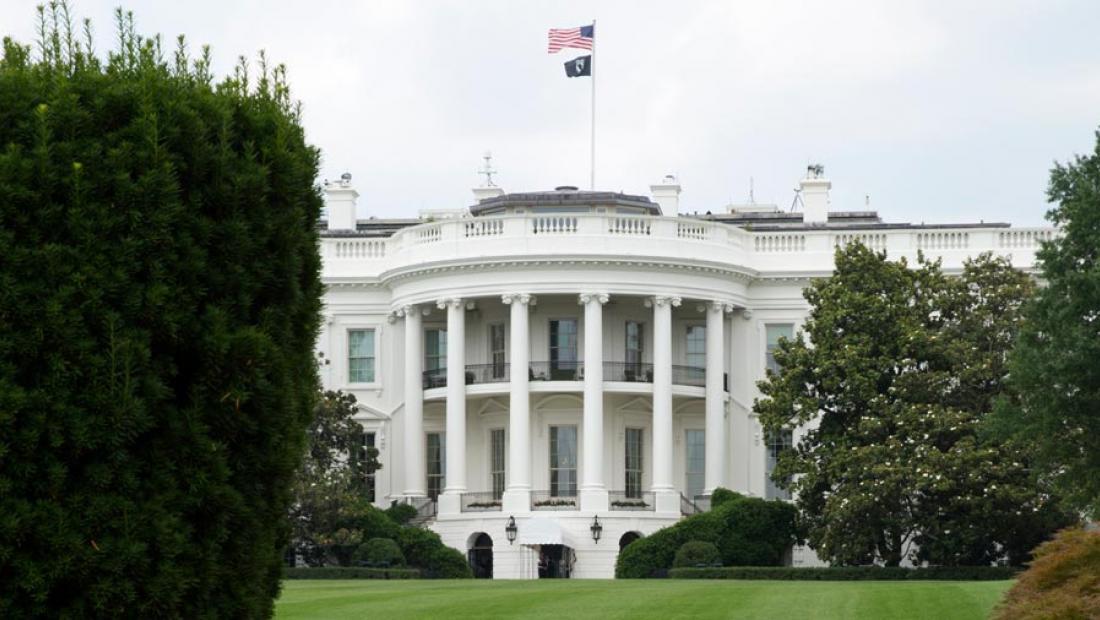Sen. Rubio Hammers ZTE on Fox News Channel

The smarter way to stay on top of broadcasting and cable industry. Sign up below
You are now subscribed
Your newsletter sign-up was successful
Sen. Marco Rubio (R-Fla.), who is an outspoken critic of Chinese telecom ZTE, was speaking out against it during a Fox News Channel appearance Thursday (May 17), saying the U.S. should not buy any of its technology, period.
The company has been much in the news this week after President Donald Trump tweeted that he had asked Commerce to help the company, a tweet that came after Commerce had sanctioned ZTE for supplying tech to Iran and North Korea. Trump is in trade talks with China and is trying to be in nuclear disarmament talks with North Korea.
ZTE devices--it is among the largest cell phone makers--have also been banned from U.S. military bases, and the FCC has proposed not providing Universal Service Funds for ZTE equipment.
Referring to Trump's tweet, Rubio told Fox it was a mistake, that he had told the White House it was a mistake, and he would tell the president the same thing, as he has in the past.
"ZTE has nothing to do with trade," Rubio said. "Nothing. The Chinese use their telecom companies to spy on us.
"They want to control global telecom," he added. "They want to make it difficult for the American military to communicate with commanders and each other. They want to embed themselves in the technology of other countries. We make calls to other countries, to our embassies abroad. Imagine if ZTE or Huawei controls the infrastructure in some country like that, they’re hearing everything our government is doing and they’re stealing secrets from our companies."
Related: Huawei Threatens to Exit U.S. Market
The smarter way to stay on top of broadcasting and cable industry. Sign up below
Following an April 20 U.S. order to block U.S. technology imports to ZTE, the company announced earlier this month the "major operating activities of the Company have ceased,"which apparently prompted back-and-forth between China's president and Trump, and ultimately his tweet that talked about saving Chinese jobs among other things.

The White House has since said the President's call for Commerce to help ZTE was about the "complicated" relationship between the two countries.
Rubio said he would not sell ZTE a single chip, or shed a tear for ZTE or Huawei -- two of three companies singled out for security issues. "Chinese companies backed by the Chinese government have put plenty of American companies out of business," he said.
Related: Trump Blocks Broadcom, Qualcomm Merger
Rubio also said he doesn't see anything complicated about sanctioning the company. He has introduced a bill that would "prohibit the federal government, or subsidiaries/contractors, from purchasing telecommunications equipment or services from Huawei and ZTE."
In a Senate Intelligence Committee nomination hearing Tuesday (May 15) for William Evanina to be the next director of the National Counterintelligence and Security Center (NCSC), Rubio grilled the nominee on the issue of ZTE and national security.
Following, per a transcript from Rubio's office, was his exchange with the nominee:
Rubio:Would you ever use a ZTE phone?
Evanina:I would not, Senator.
Rubio:Would you recommend anyone in any sort of position that is sensitive, whether in commerce or in government or in contracting use a ZTE phone?
Evanina:No, I would not.
Rubio:So it’s not an exaggeration to be – there’s some notion out there by some that this is a hysteria. Not just unique to ZTE – but it is a fact, is it not, that China utilizes its telecommunications companies for purposes of espionage even if those companies' leadership may not be open to it, they don’t really have a choice but to be cooperative?
Evanina:Senator Rubio, we have been on the record in the intelligence community and law enforcement of that fact.
Already-installed U.S. intelligence officials are on record with their major concerns about using ZTE technology, and Evanina essentially echoe their testimony to Congress that they would not want ZTE tech.
At a Hill hearing on supply-chain security this week, the witnesses mostly advocated for a finessed approach to a trusted supply chain, with more emphasis on rooting out routers than banning phones, unless the phones were in, say, the hands of high government officials being used for sensitive conversations.
Rubio also took to the Senate floor to elaborate on his issues with ZTE.
[embed]https://www.youtube.com/watch?v=nvlswnbgxmo[/embed]
Contributing editor John Eggerton has been an editor and/or writer on media regulation, legislation and policy for over four decades, including covering the FCC, FTC, Congress, the major media trade associations, and the federal courts. In addition to Multichannel News and Broadcasting + Cable, his work has appeared in Radio World, TV Technology, TV Fax, This Week in Consumer Electronics, Variety and the Encyclopedia Britannica.

